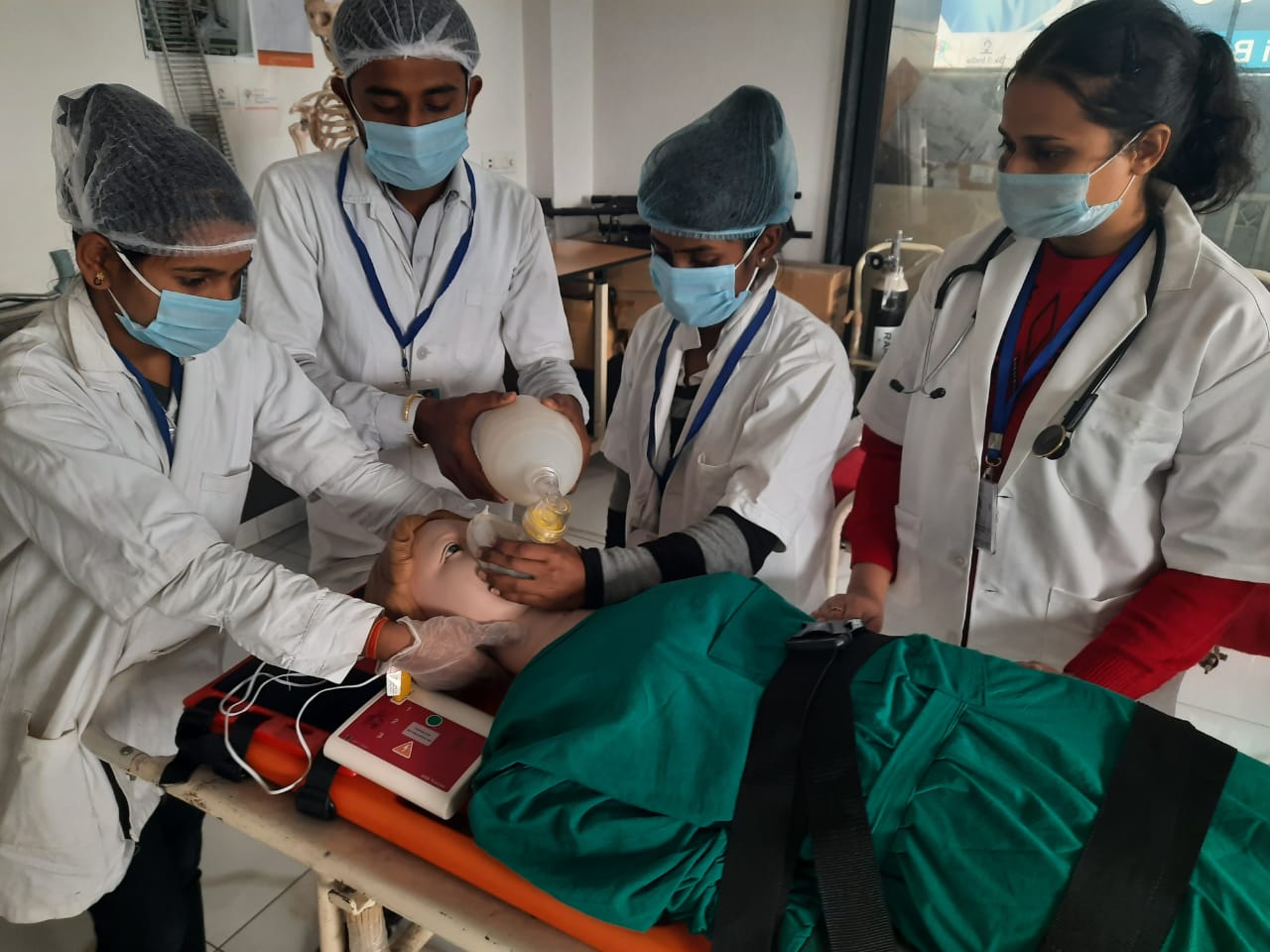
Emergency Medical Technician (EMT) - Advanced in the Healthcare Industry is also known as a lifesaver or paramedic. EMT-Advanced has more training and internship requirements than the EMT-Basic and can undertake additional tasks, administer a greater range of medication and perform more procedures.
Brief Job Description: Individuals at this job need to provide emergency medical support and care to individuals who are critically ill or injured and transport them to a medical facility within stipulated time limits.
Personal Attributes: This job requires individuals to work in a team and be comfortable in making decisions pertaining to their area of work. Individuals should be able to maintain composure in extremely stressful conditions in order to assess medical situations and perform emergency lifesaving procedures according to the methods in which training has been imparted to them. Individuals must always perform their duties in a calm, reassuring and efficient manner. The individual must be able to lift between 45 – 99 kilograms of weight with a partner, as the weight of patients will typically fall within that range. The fitness of the individual should be assessed using the Defence Man & Woman guidelines.
NATIONAL OCCUPATIONAL STANDARDS (Nos.)
♦ Respond to emergency calls (Advanced
♦ Size up the scene at the site
♦ Follow evidence based protocol while managing patients
♦ Assess patient at the site (Advanced)
♦ Patient triage based on the defined clinical criteria of severity of illness
♦ Manage cardiovascular emergency (Advanced)
♦ Manage cerebrovascular emergency
♦ Manage allergic reaction
♦ Manage poisoning or overdose (Advanced)
♦ Manage environmental emergency
♦ Manage behavioural emergency (Advanced)
♦ Manage obstetrics/gynaecology emergencies
♦ Manage bleeding and shock
♦ Manage soft tissue injuries and burns
♦ Manage musculoskeletal injuries
♦ Manage injuries to head and spine
♦ Manage infants, neonates and children
♦ Manage respiratory emergency
♦ Manage severe abdominal pain
♦ Manage mass casualty incident
♦ Select the proper provider institute for transfer
♦ Transport patient to the provider institute
♦ Manage patient handover to the provider Institute
♦ Manage diabetes emergency
Duration
Course Fee
Lecture
Enrolled
NSQF LEVEL